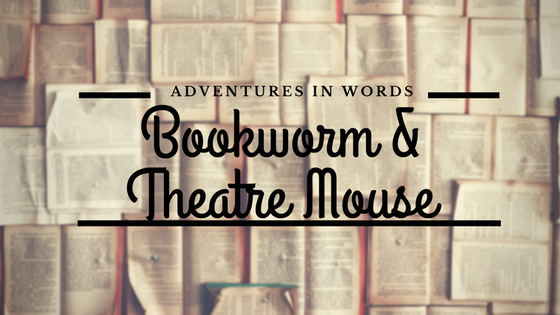Usually I wait until nearer the meeting for book club before I share my thoughts. But as the January choice was ‘The Lost Passenger’ by Frances Quinn, and it has been my second read of 2026, I had to share my thoughts immediately.
It is not a spoiler to share that this book is based around the time of the build up and eventual sinking of the Titanic. It is a story of survival, as Elinor boards the Titanic but Molly arrives in New York. And that is about all you are going to get out of me about the plot of this book.
My fascination with this book is the social history presented to the readers, and the beautiful storytelling from the pen of Frances Quinn. This may be a piece of historical fiction, clearly inspired by the events of the Titanic, but it is also an incredibly thought-provoking read. It is really a commentary on the experience of being a woman in Edwardian England, the pressure on the women to be the provider of children if she is from a wealthy family, and to be a poor woman is to be excluded from so many opportunities but still be expected to be a provider. It really makes you think that to be a woman was to be a second-class citizen in so many ways in England at the time. But, also, you find yourself reflecting on the social hierarchy aboard the ship, and the impact that had on the events of the fateful night.
Something I thought Frances Quinn was also very skilled at was giving her characters such an authentic voice. She embraces such a wide range of characters in her story, from all walks of life and all sorts of backgrounds, and as you read each one of them, they’re brought to life so beautifully that you feel you are there with them and you can empathise with them about their experience. And, rightly or wrongly, I do think there is something quite romantic about New York in the early 20th century.
I think it is safe to say that The Book Taster Book Club has done it again and Jenna has picked a book which I readily admit I may not have picked myself, but have really enjoyed reading. Historical fiction is not always my first choice (although I do enjoy it much more than I used to), but I also tend to shy away from events in history that I sometimes find difficult to read about when they have been fictionalised (it is the History teacher in me). However, this book treats the events of the night of the sinking of the Titanic with respect and not with morbid fascination, and recognises the emotional impact it had on those who survived as well as their families – and those poor decisions that appear to have been made on that night, or even before.
So, as there is a whole backlist by Frances Quinn to read, I feel lucky to have discovered her writing thanks to the wonderful bookish community out there, and I am looking forward to seeing what other readers think of ‘The Lost Passenger’.
